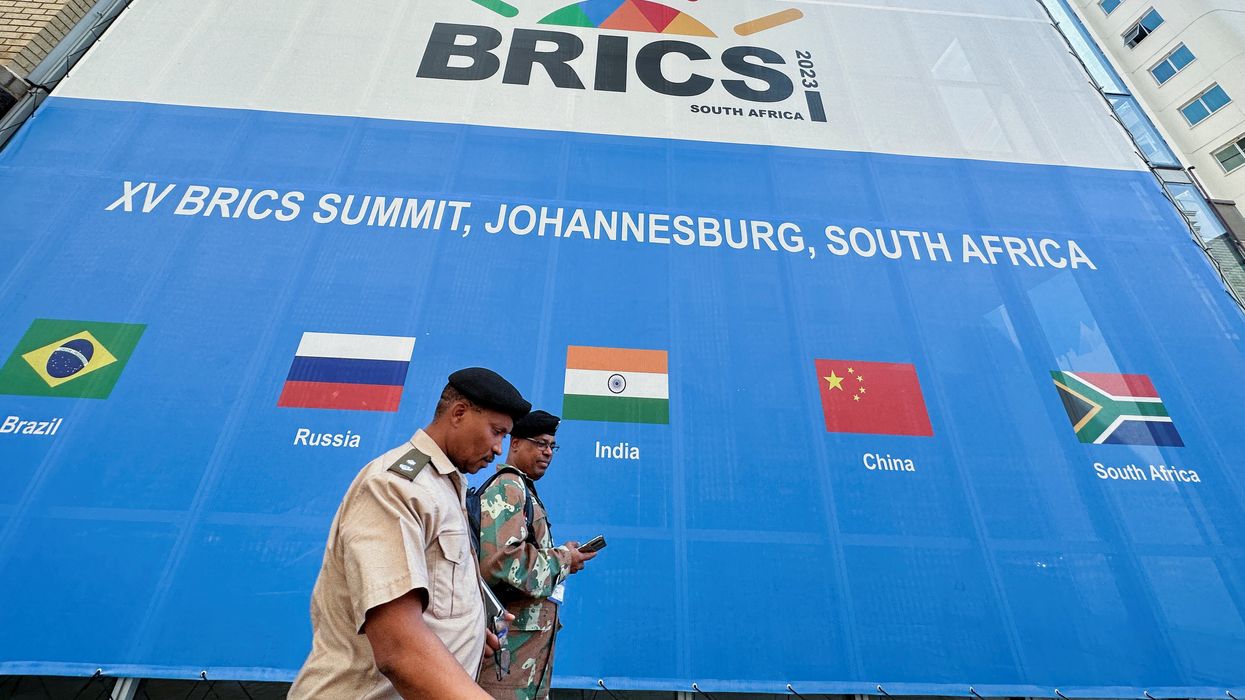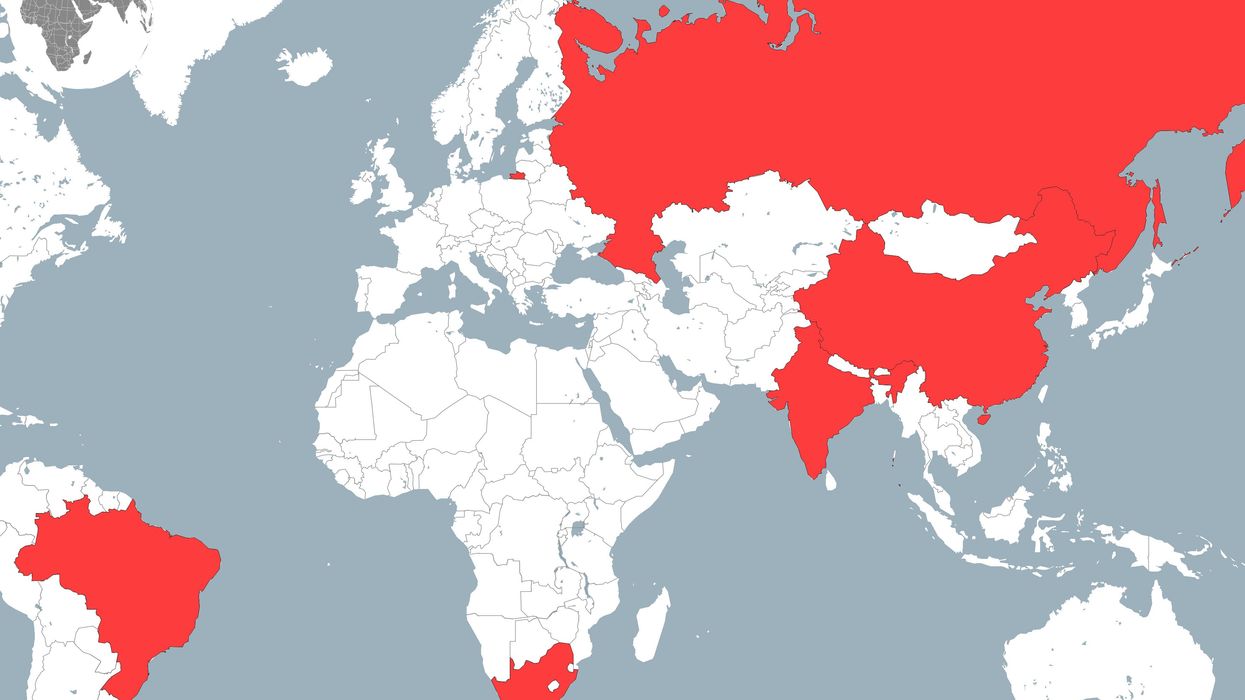Quick Take
The new BRICS expansion and the Global South agenda
Ian Bremmer's Quick Take: After a significant amount of Chinese diplomatic effort to expand the BRICS and make it more meaningful, which other members found were skeptical about, there was significant success and an announcement that there will be six new members invited to join at the beginning of 2024.
Aug 28, 2023



